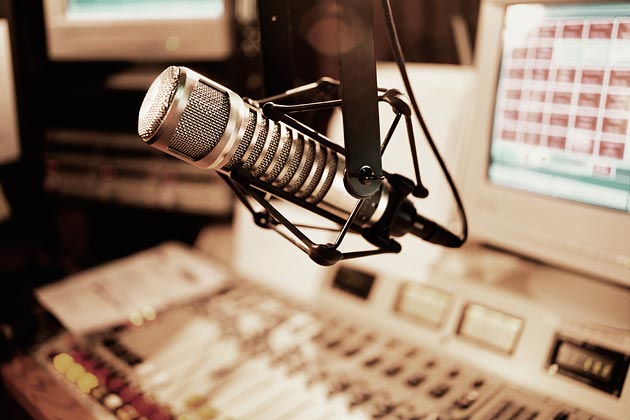
Let’s watch our utterances
There is anxiety in the air every election year since Ghana returned to the democratic culture in 1993.
Advertisement
The elections of 1992, the first adult suffrage in the Fourth Republic, were full of anxiety, tension and pockets of violence when the various parties, determined to end Flt Lt Rawlings’s continuity mantra, mobilised all in their arsenal to achieve their goal.
The National Democratic Congress (NDC) machinery, spearheaded by Flt Lt Rawlings, was too hot to handle by the opposition parties at the time.
Ghanaians will be holding the seventh polls this year to choose their representatives as President and Members of Parliament (MPs).
All the political parties that contest these exercises are always upbeat about their chances, and that is to be expected. No political party goes to the polls to be defeated.
Media houses, journalists, businesses, politicians and, indeed, the electorate, relish the period leading to the general election and Election 2016 is no exception.
The media landscape is awash with all kinds of messages and content as the political leaders try to sell themselves to the electorate.
Politicians and their supporters easily get carried away during electioneering, resulting in the use of intemperate and hate speech which those at fault dismiss contemptuously as platform talk.
The Daily Graphic differs with those who hold the view that on political platforms speakers can say anything without due respect for the right of others in the name of free speech.
In a democracy, some people hold the view that they have the freedom to say anything, even if it hurts other people’s reputation.
Although Article 162 Clause 1 of the 1992 Constitution says: “Freedom and independence of the media are hereby guaranteed”, it also says in Article 164: “Provisions of articles 162 and 163 of the Constitution are subject to the laws that are reasonably required in the interest of national security, public order, public morality and for the purpose of protecting the reputations, rights and freedoms of other persons.”
In addition to that restraint, the Ghana Journalists Association (GJA) and the National Media Commission (NMC) have quite elaborate codes of ethics and guidelines to regulate media practice in the country.
Unfortunately, some of our compatriots who are not well grounded in the ethics of journalism develop verbal diarrhoea on political platforms and in front of the microphones.
The Daily Graphic cautions such people that if they do not exercise restraint in front of huge crowds and studio microphones, the laws of the land will cut them to their correct sizes.
On the media landscape, there is nothing like “publish and be damned” and those who hold such a belief are again reminded that the crown of martyrdom is not easy to wear.
It is unfortunate that in recent times our Supreme Court and High Court judges and the Electoral Commission boss have become the subject of hate speech, a development that does not augur well for the democratic process, for which reason Ghanaians expect the gentlemen who made the unguarded statements to purge themselves of such loose talk and hate speech that have the tendency to incite the public against them.
The Daily Graphic calls on all men and women of goodwill in all the political parties and, indeed, the country to call those whose utterances will set us on the path of doom to order.




